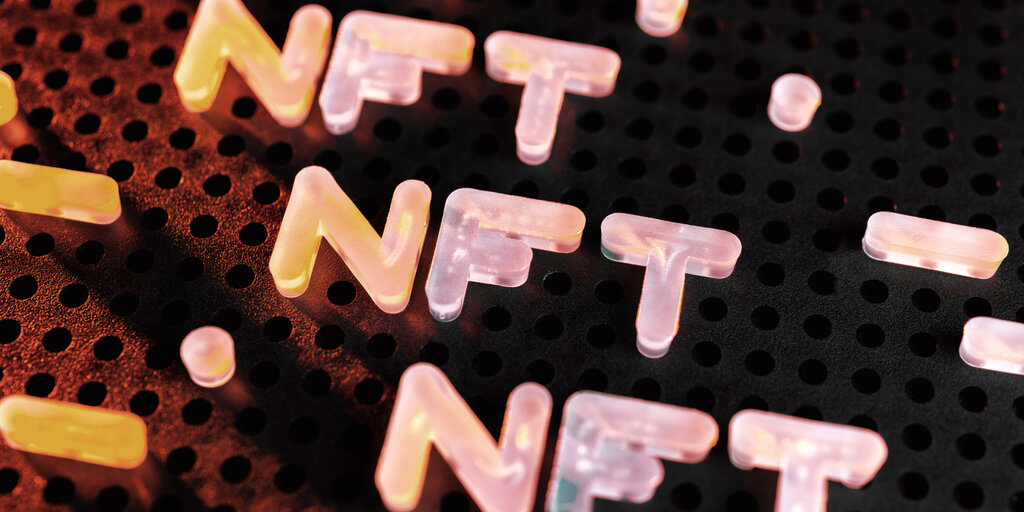Ethereum Upgrade for Reducing ETH Supply Gets Commemorative NFTs
If you’re hardcore into Ethereum network upgrades, we’ve got just the thing for you.
Stateful Works, a project and publication to incentivize the creation and maintenance of public goods on the Ethereum blockchain, has unveiled commemorative non-fungible tokens (NFTs) of a forthcoming, highly anticipated network upgrade. NFTs are digital tokens that confer ownership of an asset, in this case moving images.
Introducing the EIP-1559 #NFT Series
– made in collaboration w/ the #EIP1559 #Ethereum contributors: all proceeds go to them
– "1559 Supporter" 1559 total editions
– "1559 Patron" 1/1 up for auctionRead about the inspiration, mint, and bid
https://t.co/57RZ7ghgM6
— stateful.eth
(@StatefulWorks) July 21, 2021
The 1559 NFTs, crafted by designer _kitteh, are being sold for 0.1559 each—with one going for at least 15.59 ETH—and “will forever act as a show of support for the people who delivered EIP-1559.” That includes the people who wrote the Ethereum Improvement Proposal, the client teams that changed their software, and researchers who studied the knock-on effects.
EIP-1559 is slated to take effect with the upcoming network upgrade, known as the London hard fork. At its most basic, EIP-1559 makes transaction fees more transparent for Ethereum users (and should even lower them a bit). Just as importantly, it takes those fees and “burns” them by sending them to an inaccessible wallet. The result is that each Ethereum network transaction will lower the amount of ETH, creating some deflationary pressure on the asset (which could help the price rise).
If you’re curious why one might want to buy an NFT commemorating a code change, it’s because the people who made that change don’t get directly paid for the work they put into it.
“The main purpose of the NFT was to provide a sort of ‘thank you’ to everyone who worked on this, because, while most of them are obviously paid for their work on Ethereum, people working on the protocol don’t really have mechanisms to capture value created,” Tim Beiko, an Ethereum Foundation developer who helped his colleague Trent Van Epps write today’s post, explained to Decrypt.
That’s due to a problem with creating and maintaining public goods—things that benefit everyone but lack incentives for individuals to pay for or contribute to them. Client teams typically rely on donations and grants, do outside consulting, or sell other software. Researchers, meanwhile, can be independent or tied to a company, venture capital firm, or nonprofit.
The NFTs, then, are to encourage people to continue doing the legwork. Shares of the proceeds range between 1% and 14% for contributors. Beiko, who has been coordinating network upgrades with core developers, stands to receive 6% of the proceeds, for example. The NFT designer will receive 2%.
Beiko told Decrypt he put together the share percentages “based on the amount of time and effort each party had put into the EIP’s development” before having it “sanity checked” by others.
Not everyone is taking contributions. Most notably, Vitalik Buterin, who wrote EIP-1559, declined to receive proceeds. The team behind the Go-Ethereum client, which receives funding from the Ethereum Foundation, also isn’t taking part.
As of publication, the project has raised over 71 ETH ($139,000). The 1559 Supporter Series NFTs will remain on sale until all are sold, while the single 1559 Patron NFT will undergo a 155.9 hour auction after its reserve price of 15.59 ($30,300) is met.
21 July 2021 21:57

 Introducing the EIP-1559
Introducing the EIP-1559 


 (@StatefulWorks)
(@StatefulWorks)